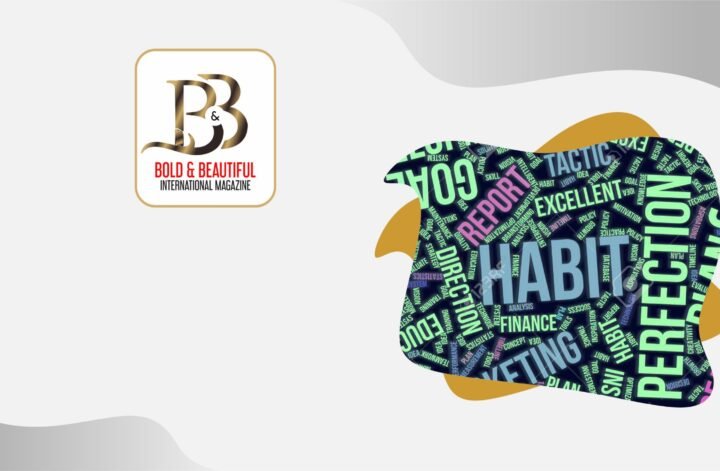In intricate wealth and financial well-being, the habits of the rich and the poor paint a vivid picture of the role financial literacy plays in shaping destinies. Beyond the sheer volume of dollars and cents in bank accounts, these habits reveal a profound difference in approaches to money — a difference that can often be attributed to financial literacy. Here, we delve into ten fundamental habits that distinguish the affluent from the financially constrained, shedding light on the impact of financial knowledge on the journey to prosperity.
Budgeting and Money Management:

- Rich: Rigorous budgeting is a common habit, enabling a meticulous approach to money management.
- Poor: Lack of budgeting skills or financial knowledge can hinder effective money management.
Investing:

- Rich: Wealthy individuals are often active investors, understanding the value and potential of investments.
- Poor: Limited financial literacy can result in a lack of engagement with or understanding of investments.
Saving:

- Rich: A focus on saving with a long-term perspective is typical among the affluent.
- Poor: Immediate needs may take precedence, leading to a focus on short-term financial goals.
Education and Continuous Learning:

- Rich: Investing in education and staying informed about financial matters is a common practice.
- Poor: Limited access to educational resources may result in less financial awareness.
Risk Management:

- Rich: A nuanced understanding of risk management in financial decisions is prevalent.
- Poor: Uninformed risk-taking or avoidance of risks may be common due to a lack of knowledge.
Networking and Relationships:

- Rich: Leveraging networks and relationships for opportunities is a common strategy.
- Poor: Limited access to such networks can hinder opportunities for financial growth.
Goal Setting and Planning:

- Rich: Long-term goal setting and strategic planning are inherent in wealth-building.
- Poor: Immediate financial pressures may lead to a focus on short-term goals.
Diversification of Income:

- Rich: Multiple income streams are often a characteristic of the wealthy.
- Poor: Reliance on a single source of income is more common.
Debt Management:

- Rich: Strategic management and leveraging of debt are common practices.
- Poor: Struggles with high-cost debts and a lack of debt management strategies may prevail.
Attitude Towards Money:

- Rich: Money is seen as a tool for growth and opportunity.
- Poor: Money may be viewed as a means to an end or associated with stress.
It’s crucial to note that these habits are generalized observations and may vary widely among individuals. They reflect broader socio-economic factors and should not be considered absolute or universally applicable. As financial literacy continues to gain prominence, understanding and fostering these habits can empower individuals on their journey to financial well-being.





